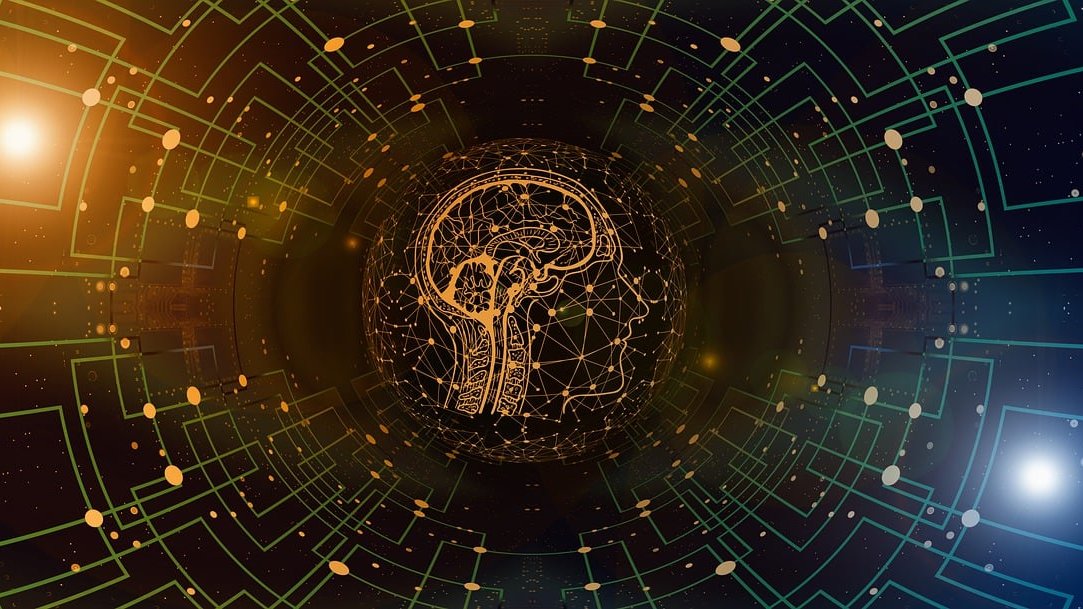
The Ohio State University researchers are exploring the challenges of 'catastrophic forgetting' in artificial intelligence (AI), impacting its continuous learning and overall performance. Their focus lies in bridging the gap between human and machine learning, emphasizing the importance of task diversity and sequence in AI's learning process.
Deciphering AI's struggle with memory loss
The ever-expanding boundaries of AI present several challenges, with memory loss - or 'catastrophic forgetting' in AI jargon - being a prominent one. This issue mimics the elusive nature of human memories, significantly hindering the progress of machine learning. A team of electrical engineers from The Ohio State University are delving into this issue, focusing on how continuous learning impacts the overall performance of AI agents.
Led by Ness Shroff, an Ohio Eminent Scholar and Professor of Computer Science and Engineering, the team is working to bridge the gap between human and machine learning. They emphasize the importance of AI systems not forgetting the valuable lessons they've already learned as they acquire new knowledge, particularly in safety-critical scenarios such as automated driving applications. The team's research offers valuable insights that help bridge the gap between human and machine learning.
Similar to humans, AI does well in retaining information when faced with a succession of diverse tasks, rather than tasks with overlapping features. This insight is crucial for understanding how to optimize continuous learning in machines to mimic human cognitive capabilities more closely. It highlights the importance of task diversity in enhancing the learning efficiency of AI systems.
Factors influencing AI's memory retention
Shroff explains that to optimize an AI algorithm's memory, dissimilar tasks should be taught early on in the continual learning process. This approach improves the network's capacity for new information and its ability to subsequently learn more similar tasks. Task similarity, positive and negative correlations, and the sequence of learning play a crucial role in how long an AI network can retain specific knowledge.
Enhancing adaptability of AI
The dynamic and lifelong learning systems aim to increase the scalability of machine learning algorithms rapidly. They also seek to enhance their adaptability to evolving environments and unforeseen situations. The ultimate goal is to enable these systems to mirror human learning capabilities. This research lays the groundwork for intelligent machines that can learn and adapt like humans, marking a significant stride in our understanding of AI.










